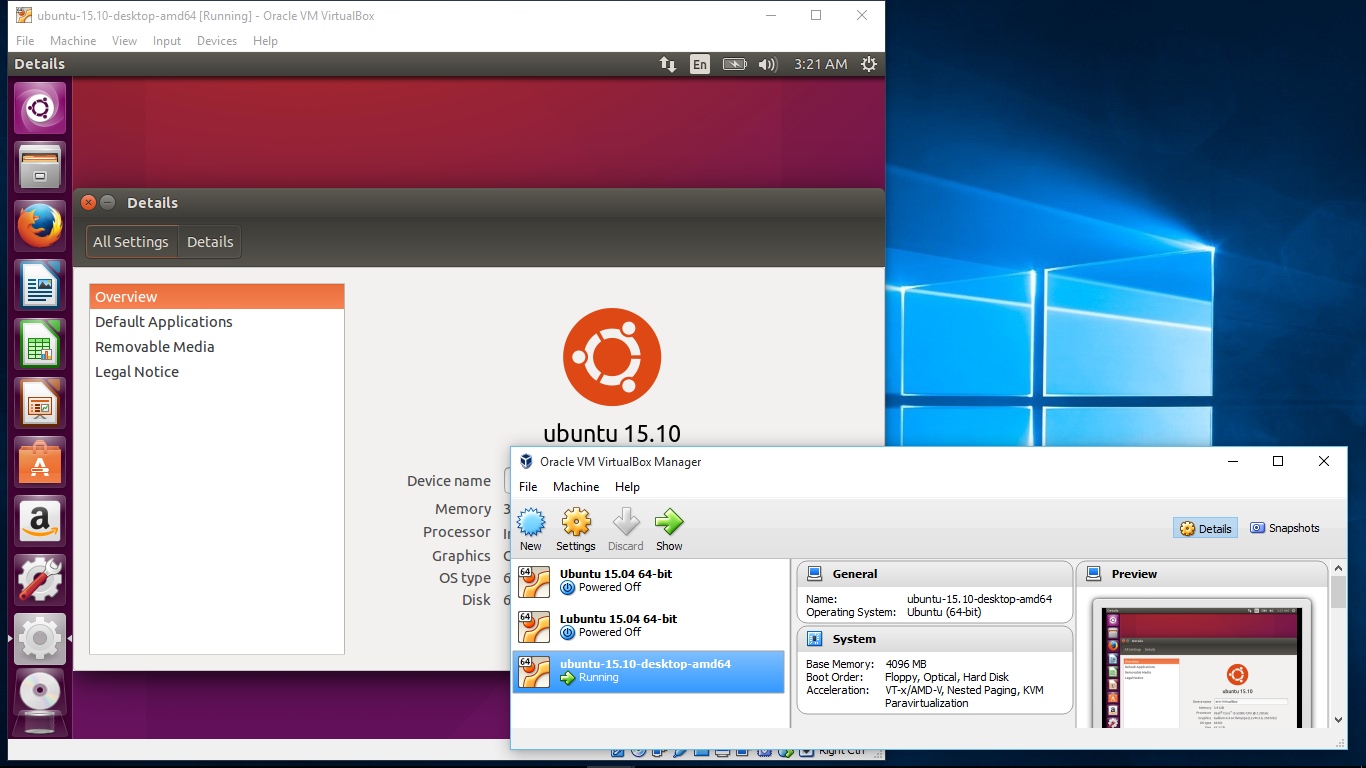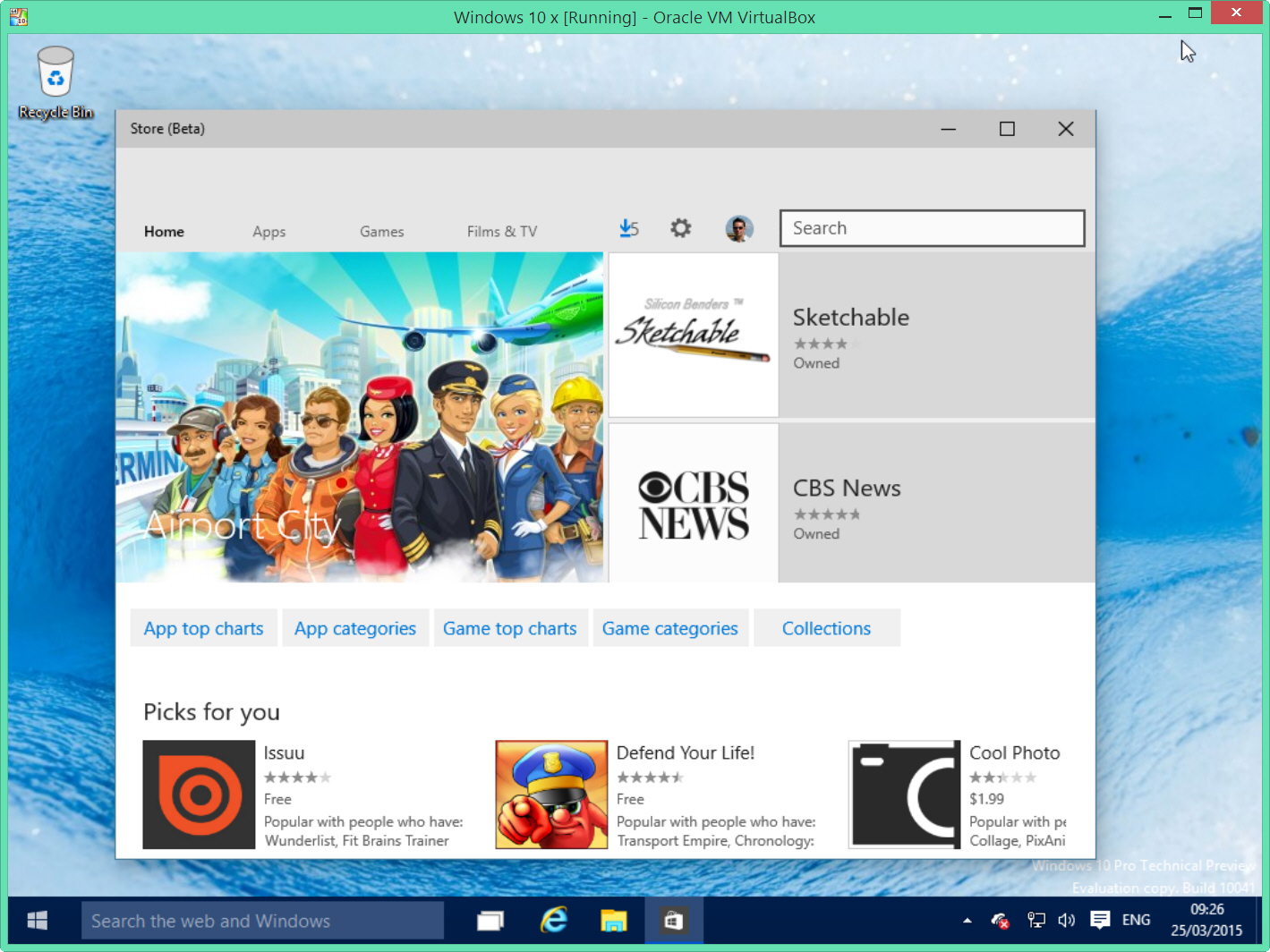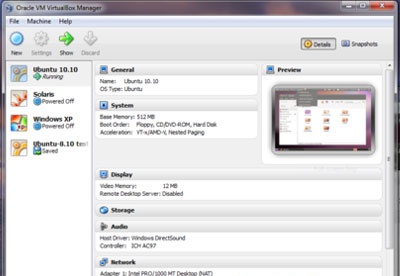
Now, on the area corresponding to the select Virtual Machine, you will see:Īcceleration= VT-X/AMD-V, Nested Paging, PAE/NX, Hyper-V Paravirtualization. However, by default VirtualBox will access Hyper-V API, if not then setting the paravirtualization interface will do that.

To make VirtualBox compatible with Hyper-V on Windows 10, this step is very important. Also, those running older version they should update their VBox software to the latest version. Download Oracle VirtualBoxĪlthough you might already have open-source Oracle VirtualBox on your Windows 10 system if you don’t then go to the official website and download the one. Join 2,111 other followers Follow Zed DBA's Oracle Blog on WordPress.One all the above services installed on your computer restart it to make the update into effect. If you found this blog post useful, please like as well as follow me through my various Social Media avenues available on the sidebar and/or subscribe to this oracle blog via WordPress/e-mail. Just a note, I’ve not got anything against Hyper-V, we use it quite frequently, it’s stable, however in this instance, I want to use VirtualBox which I am more accustomed for certain features 🙂 Related Blog Posts However, the current boot had this disabled and therefore requires you to reboot to have Hyper-V loaded. You’ll see it say ‘ Auto‘ for hypervisorlaunchtype, this means it is now enabled to load at boot. Run ‘bcdedit’ in Command Prompt as Admin: C:\Users\anwarz> bcdedit

Hyper-V blocks all other Hyper Visors like VirtualBox from calling VT hardware, therefore it’s required for it to be disabled.

It seems on Windows 10 Enterprise, Hyper-V is installed by default and is started as part of the bootup. I’ve used VirtualBox many times in the past but on the likes of Windows 7, where Hyper-V isn’t installed by default as part of the O/S. If you want to use Oracle’s VirtualBox on Windows 10, you first need to disable Microsoft’s Hyper-V.


 0 kommentar(er)
0 kommentar(er)
